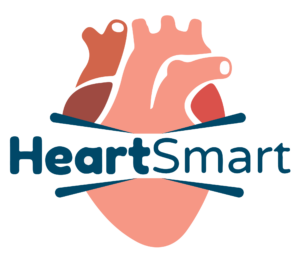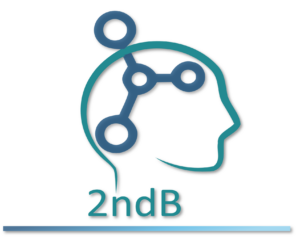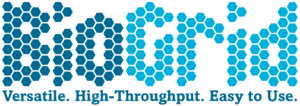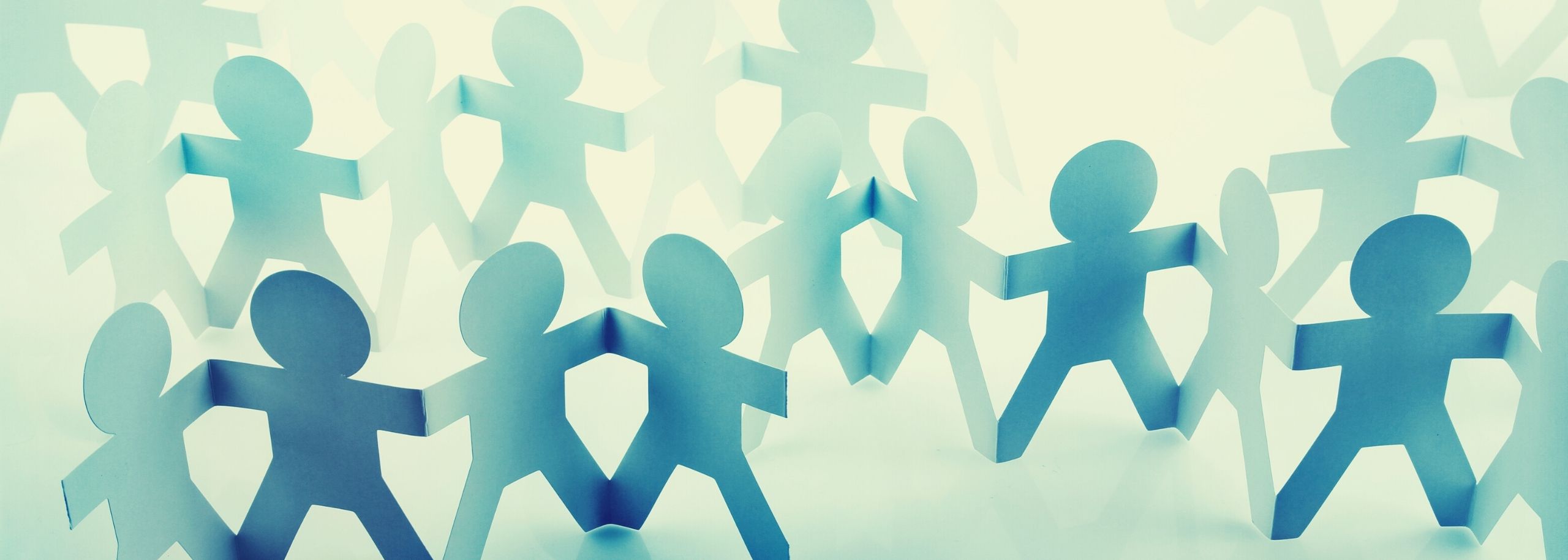We proudly introduce the participants of the Proefdiervrij Venture Challenge 2025! Meet Nydus R&D, HeartSmart, 2ndB and BioGrid, the four teams that will work on the business skills they need to successfully bring their animal-free innovations to the market during an intensive 3-month program.
The Proefdiervrij Venture Challenge celebrates its anniversary
The Proefdiervrij Venture Challenge 2025 is extra special for us: it is the fifth time that we are organizing this amazing challenge.
This year, four teams of animal-free pioneers will convert their scientific breakthrough into a solid business case – clearly under professional guidance. In this way, we ensure that animal-free innovations come out of the lab and onto the market together. The goal: more impact for animal-free innovation and fewer animals in the lab!
This year’s participants are:
Nydus R&D
The brain is the most complex human organ, and traditional animal models often fall short in mimicking the intricate nature of diseases and treatments. That’s why Nils Bessler, Maj Britt-Buccholz, and Valentina Palacio-Castañeda are taking a different approach.
With Nydus R&D, they are combining human organoids with advanced bioengineering, bringing innovative and ethical solutions to the preclinical brain research standard once again. By inducing organoids with organs-on-chips, the team is focused on breakthrough treatments for pediatric brain tumors and neurological disorders, among other conditions. This technology has the potential to shape the future of animal-free neuroscience with unprecedented precision.

HeartSmart
Renée Moerkens, Milica Dostanic, Isabel Sariol and Dennis Nahon are working on a groundbreaking method to better understand heart disease and develop new treatments – completely without laboratory animals. With their innovative platform, they can test how human heart tissue contracts and works, while using 95% fewer cells and material than traditional methods.

This not only makes drug testing faster and easier to manipulate, but also ensures unprecedented accuracy in the measurements of heart muscle contractions. This allows for better research into how drugs will work in the human heart.
And HeartSmart is taking it one step further. With the development of a Matrigel-free synthetic hydrogel, they have created the most animal-friendly in vitro model for heart tissue to date. In short: a breakthrough that makes testing heart medication ethical and painful!
2ndB
Brain disorders are still mainly tested on laboratory animals, despite the fact that animal models often do not accurately reflect how a disease develops in humans. That is why Nick Gartsen, Richard Bijlard and Regina Luttge are working on an innovative and animal-free technology to better understand brain disorders and develop new treatments.

With their brain-on-a-chip platform, they can make more accurate and human-oriented predictions, which offers a more reliable and ethical alternative for drug development. This way, the 2ndB team wants to accelerate the transition to animal-free brain research and change the future of neuroscience altogether.
BioGrid
Every year, millions of laboratory animals are used worldwide for drug research. But animal models often do not provide reliable certainty for the human situation.
Organ-on-chip technology offers a surprising alternative by accurately mimicking human tissues, allowing for more ethical and reliable drug testing. But there is a challenge: many of these technologies are expensive and complicated.
Yannick Hajee, Farhad Sanaei, Manoe Janssen and Mani Diba solve this with an affordable and user-friendly platform that works with different types of human tissues. With BioGrid, they are making animal-free research more accessible and building a future in which medical innovations no longer cause animal suffering.

And now: bootcamps and the award ceremony
Fro
From February 5th to February 7th, the participants participate in the first bootcamp of the Proefdiervrij Venture Challenge. During this three-day event, the teams will delve deeply into the world of entrepreneurship and work on their business case under the guidance of experienced coaches and experts.
This bootcamp is the first step in a three-month trajectory in which the teams will not only sharpen their ideas, but also build a future in which innovation and animal-free science go hand in hand.
The icing on the cake is an award ceremony on April 24, where one of the accepted teams will receive a nice cash prize with which they can further develop their startup.
Want to stay informed? Subscribe to our newsletter in science!
Previous winners
Hello R&D: Personalized organoids for liver research (2024)
Hello R&D is developing an organoid that is built from the main cell type in the liver. This makes the model function as a reliable human system with which researchers can predict the effect of drugs on the liver.
VEO: Organoids of the respiratory tract, intestinal tract and brain (2023)
VEO is developing human organoids of the respiratory tract, intestinal tract and brain to study the infection of human viruses in their natural environment, thus making the use of laboratory animals redundant.
Anya Biotech: Human heart cells in a culture dish (2022)
Anya Biotech is creating research models with human heart cells in a culture dish. With this, they replace laboratory animals used in heart research and develop human-oriented medicines for life-threatening heart diseases.
Avatar Zoo: VR models for anatomy lessons (2021)
Avatar Zoo is developing various VR models that can be used for anatomy lessons and practicing skills.
We wish the participating teams of 2025 the best of luck and lots of fun!

